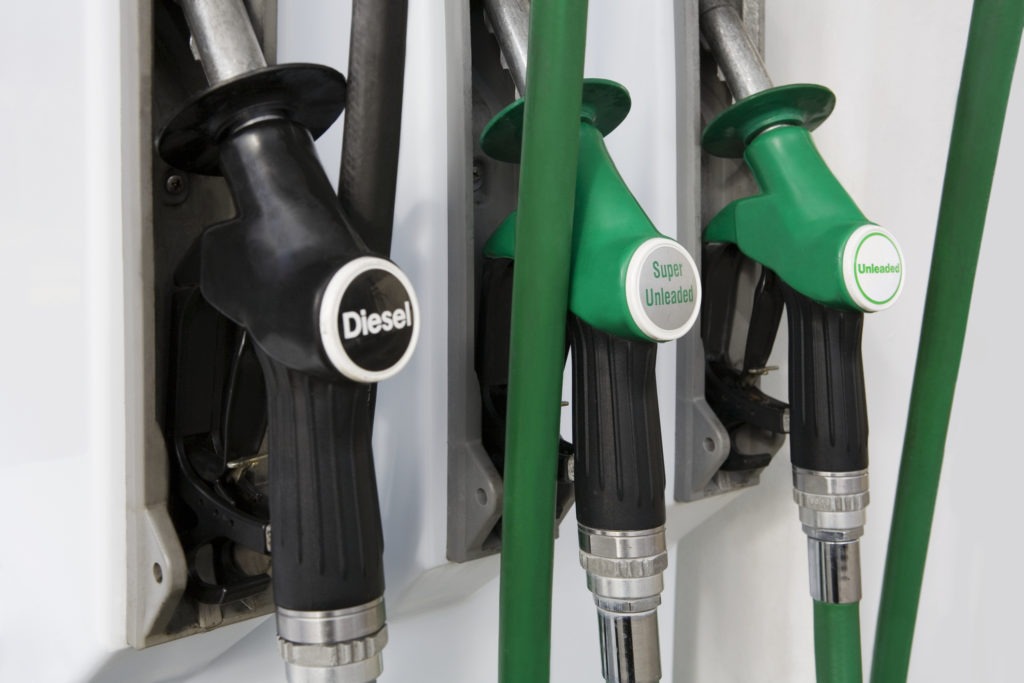UK ICE and hybrid ban brought forward to 2035
04 February 2020

4 February 2020
The UK is to bring forward its ban on petrol and diesel vehicles by five years, meaning internal combustion engines will disappear from dealer forecourts by 2035.
Prime Minister Boris Johnson made the announcement while discussing the UK’s plan to reduce its carbon emissions, and suggested that if possible, the ban could come even sooner. As well as petrol and diesel, hybrid and plug-in hybrid (PHEV) models will also be part of the ban.
The decision to move the timeline was taken after experts suggested that the original 2040 date was too late if the country wanted to meet its goal of being carbon neutral by 2050.
′This government’s £1.5 billion (€ billion) strategy to make owning an electric vehicle (EV) as easy as possible is working, last year alone, a fully electric car was sold every 15 minutes,’ said transport secretary Grant Shapps. ′We want to go further than ever before. That is why we are bringing forward our already ambitious target to end the sale of new petrol and diesel cars to tackle climate change and reduce emissions.’
Small market
However, while EV sales are increasing, they only make up a small percentage of the UK market, with the vast majority of alternative-fuel vehicle (AFV) sales made up by hybrid and PHEV models. Additionally, carmakers are pumping millions of euros into the development of both hybrid and electric powertrains, and with the announcement of one of Europe’s big five markets banning their sale in 15 years, such funding will end up wasted.
In 2019, sales of EVs totalled 37,850, an increase of 144% over the previous year. A total of 97,850 hybrids were sold, and 34,734 PHEVs made up the numbers, this last figure dropping 17.8% following the removal of government grants. However, just under 1.5 million petrol vehicles and almost 600,000 diesels left dealerships, highlighting how far EVs have to go. Battery technology took a 1.6% market share last year, up just 0.7%.
Plan needed
′It is extremely concerning that government has seemingly moved the goalposts for consumers and industry on such a critical issue,’ comments SMMT chief executive Mike Hawes. ′Manufacturers are fully invested in a zero-emissions future, with some 60 plug-in models now on the market and 34 more coming in 2020. However, with current demand for this still expensive technology still just a fraction of sales, it is clear that accelerating an already very challenging ambition will take more than industry investment. This is about market transformation, yet we still do not have clarity on the future of the plug-in car grant – the most significant driver of EV uptake – which ends in just 60 days, while the UK’s charging network is still woefully inadequate.
′If the UK is to lead the global zero-emissions agenda, we need a competitive marketplace and a competitive business environment to encourage manufacturers to sell and build here. A date without a plan will merely destroy value today. So we, therefore, need to hear how the government plans to fulfil its ambitions in a sustainable way, one that safeguards industry and jobs, allows people from all income groups and regions to adapt and benefit. Any plan needs to ensure it does not undermine sales of today’s low emission technologies, including popular hybrids, all of which are essential to delivering air-quality and climate-change goals now.’